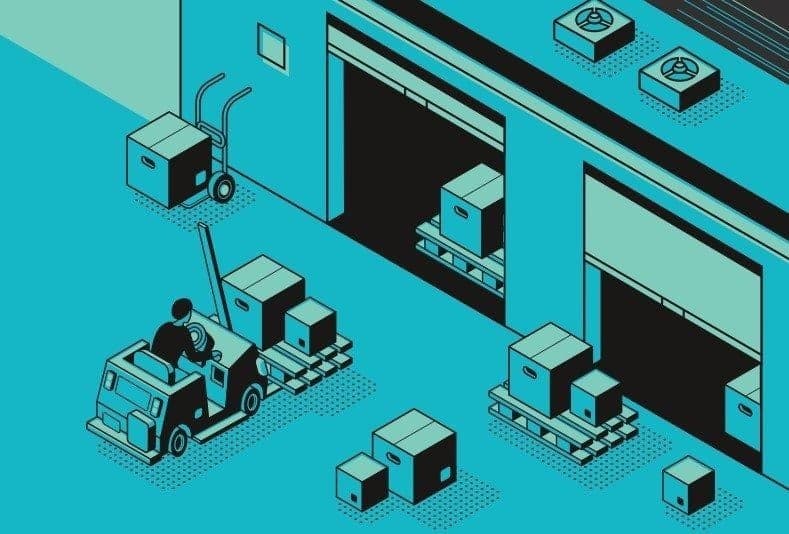Sustainability plays an important role in the development of industrial real estate

For many years, the commercial real estate segment has not been perceived by the public as a prime example of responsible development. However, this is rapidly changing, thanks to, among other things, a shift in values across society, the economy and among key players in the warehouse and manufacturing industries. Equally important is European legislation mandating reductions in greenhouse gas production and carbon footprint.
The green trend is illustrated by the latest analysis by real estate consultancy 108 AGENCY, which describes how this area of the real estate market has developed in the Czech Republic since 2010, when the first building in the Czech Republic was awarded a green certificate.
"The data we have collected will come as a surprise to many. In many areas, it is industrial developers who are bringing green and environmentally friendly innovations to the local environment - both in speed and scale. The conversion of brownfields beyond possible residential construction, the use of renewable energy sources or the environmentally friendly technical equipment of buildings aimed at saving money is inspiring for other areas of the real estate market," the author of the study, Lenka Šindelářová from the investment department of 108 AGENCY, summarises the results of the study.
The analysis primarily focused on green building certifications. This is a respected parameter that serves as a comparison for financing banks, tenants and investors, who also often use external bank financing. By the middle of this year, 49% of completed industrial buildings in the Czech Republic were certified according to the established rating system. As the market develops, the share of certified buildings will increase significantly, with the vast majority of new or upcoming construction already counting on certification. The majority of buildings in the Czech Republic have already been certified in the operation and use phase. BREEAM remains the predominant certification on the domestic real estate market.
The year 2020 was a turning point for the certification of industrial premises. Until then, the rather unique assessment of several warehouses or production halls was supported by a comprehensive decision of the developer CTP. This dominant player on the local industrial market had its entire property portfolio certified. In addition to the significant increase in certified buildings on the market, this has also prompted a number of other companies focused on the construction or operation of industrial buildings to make a similar decision. All other major warehouse property developers have also certified their portfolios in the last two years.
This trend has further accelerated since the autumn of 2021, when energy prices started to rise. "Whether due to the influence of banks, tenants, investors or their own decisions, it was the industrial property developers who responded very flexibly to the challenges of the energy crisis and the deadlines of climate commitments in Europe. In the commercial development sector, we see a real effort to make operational savings, install photovoltaics, heat pumps, rainwater or wastewater retention and filtration systems," Lenka Šindelářová calculates. The reasons for this include the responsible approach of banks, which, with few exceptions, refuse to finance the construction of buildings that do not prove their sustainability. End buyers - investors - would also have a more difficult access to financing.
Other trends in the construction of warehouses and industrial premises include an emphasis on planting greenery and increasing biodiversity, the regeneration of brownfield sites or efforts to reduce water consumption by consistently working with rainwater and wastewater - by installing retention tanks or root treatment plants.





